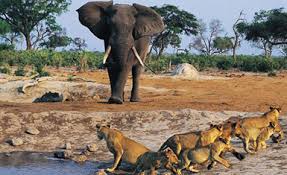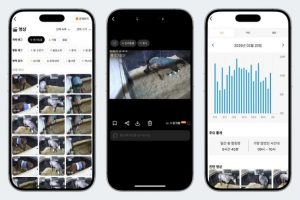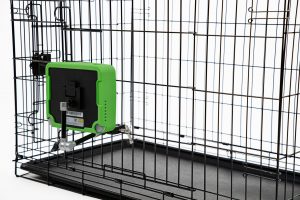Alibaba Cloud, the cloud-computing arm of Alibaba Group, and the Ministry of Tourism and Wildlife of the Republic of Kenya today agreed to explore a strategic collaboration to deploy Alibaba Cloud’s technology to support the Kenya Wildlife Protection Project.
The first project under the collaboration in discussion will take place at a designated area inside the Tsavo East and West National Parks, one of Kenya’s oldest and largest protected area with over 13,500 square kilometres. Leveraging Alibaba Cloud’s powerful computing, artificial intelligence (AI) and Internet of Things (IoT) capabilities; the project will work to protect the park’s endangered elephants, rhinoceroses and lions.
“Wildlife is the main attraction to tourists visiting Kenya. Among the key species attractions are the elephant, rhino, giraffe, and buffalo among others. Currently, Kenya has a population of about 35,000 elephants, and about 42% of this population (12,843) elephants occur in the Tsavo ecosystem. In addition, the ecosystem also provide critical habitat for rhinos, giraffe and lions among other species.
Both parties will explore using a wide range of features connected to Alibaba Cloud’s IoT platform for the project. Animal tracking sensors, infra-red trap cameras, smart weather stations, ranger devices and wide-area drones are among the technologies that will be considered to be installed to collect real-time data of the movements and general health of the animals. The platform would then analyse the data and predict their behaviour and travel routes, alerting the command center about potential risks or dangers, such as illegal poaching and human-animal conflicts.
In addition, both parties will explore ways to combine the local operator’s GSM telecommunications network with government-licensed satellites to build the infrastructure, which could make data transmission more intelligent and less costly, achieving near real-time updates. Advanced hardware would be used as well, such as light-weight solar-powered trackers that are easier for the animals to wear.
Lire la suite: business.financialpost.com






